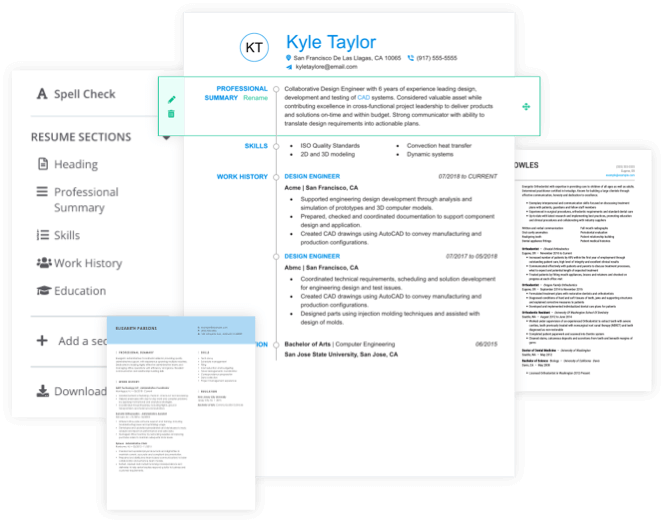- Featured in:

A Litigation Lawyer, also called a Litigation Attorney, represents either a plaintiff or a defendant in a civil case. To that end, a Litigation Lawyer will investigate the details of a case and decide to file a lawsuit on a plaintiff’s behalf or gather enough evidence to defend a client against a lawsuit. Litigation Lawyers interview witnesses and other parties, read depositions and analyze any pertinent information as they prepare for trial. Some Litigation Lawyers often specialize in certain areas, such as in business or real estate.
Litigation Lawyers work in law firms, government offices or corporate legal departments. Some Litigation Lawyers might run own their own firms. The employment growth rate for all types of lawyers as reported by the U.S. Bureau of Labor Statistics is expected to be 6 percent through 2024. A projected increase in corporate in-house counsel, which would include Litigation Lawyers, is believed to be a major factor in this employment growth.
Studying resume examples is a great way to get inspiration for your own. Study our library of example today!
Boost your resume with an extra click. Our cover letter templates match our resume templates’ designs for a cohesive application. Use a template in our builder to help you quantify and expand upon the experience from your resume and impress employers.
Litigation Lawyer Duties and Responsibilities
The legal process followed by a Litigation Lawyer requires that several tasks be completed. We have reviewed several job listings and found the following among the core Litigation Lawyer duties and responsibilities.
Consult with Clients
Litigation Lawyers spend the early days of a case meeting with and advising their client. They will review details of the case and determine a strategy should the case make it to trial or advise clients about handling the case out of court. In the case of a personal injury lawsuit, for instance, a Litigation Lawyer might visit the scene of the accident to begin gathering details about the case.
Conduct Pre-Trial Activities
Once a case has been accepted, a Litigation Lawyer will then begin to prepare for trial. They will assemble names of potential witnesses, arrange for expert depositions, interview witnesses and other parties relevant to the case, and examine evidence that could be used as trial exhibits.
Represent Clients in a Trial
If a case does not reach a settlement before trial, it is up to the Litigation Lawyer to represent their client in the courtroom. He or she will need to develop a trial strategy to win the case. During court proceedings, a Litigation Lawyer would present evidence, make opening and closing statements, examine and cross-examine witnesses and experts, and argue motions.
Litigation Lawyer Skills
Core skills: Based on job listings we looked at, employers want Litigation Lawyers with these core skills. If you want to work as a Litigation Lawyer, focus on the following.
- Obtaining state bar admission
- Drafting briefs and other legal documents
- Gathering evidence to be used in trial
- Interviewing key witnesses
- Conducting depositions
Advanced skills: While most employers did not require the following skills, multiple job listings included them as preferred. Add these to your Litigation Lawyer toolbox and broaden your career options.
- Obtain state bar admission from nearby states
- Knowledge of basic computer applications

Litigation Lawyer Resources
It is helpful to conduct additional research if you are considering a career as a Litigation Lawyer. Below, we have provided links to more resources about this career.
On the Web
Joseph Hage Aaronson LLC
In this blog, Litigation Lawyers can examine recent cases and developments that impact complex litigation.
Persuasive Litigator
A blog that helps Litigation Lawyers develop the power of persuasion they can apply in pretrial and trial settings.
Trial Lawyer Communication Tips for Everyone!
An experienced lawyer blogs about effective communication methods Litigation Lawyers can use in the courtroom when addressing witnesses, judges, juries and other lawyers.
Industry Groups
American Bar Association (ABA)
Founded in 1878, the ABA contains a Section of Litigation that offers professional conferences, regional meetings, streaming videos, articles on litigation practice and online and print publications.
American Association for Justice
Formerly called the Association of Trial Lawyers of America, this organization networking and professional support to Litigation Lawyers and other types of attorneys. Members get support through forums, continuing education opportunities, media training and publications.
The National Trial Lawyers (NTL)
The NTL provides educational programs, networking and advocacy training for criminal and civil Litigation Lawyers.
Books
Civil Litigation, Seventh Edition
An extensive review of the litigation process. Provides sample litigation documents and two simulated cases to give Litigation Lawyers the feel of working through a reallife case.
A Civil Matter: A Guide to Civil Procedure and Litigation
A complete look at how to handle a civil lawsuit throughout the litigation process.
Legal Research, Analysis, and Writing (5th Edition)
A comprehensive guide on strategies and tools to help Litigation Lawyers complete important aspects of their jobs.
Litigation Lawyer Resume Help
Explore these related job titles from our database of hundreds of thousands of expert-approved resume samples:




